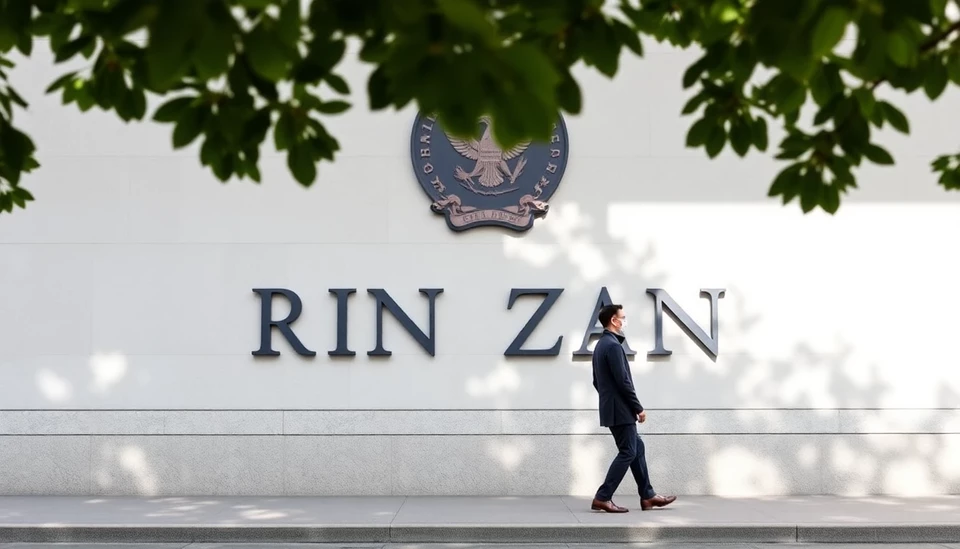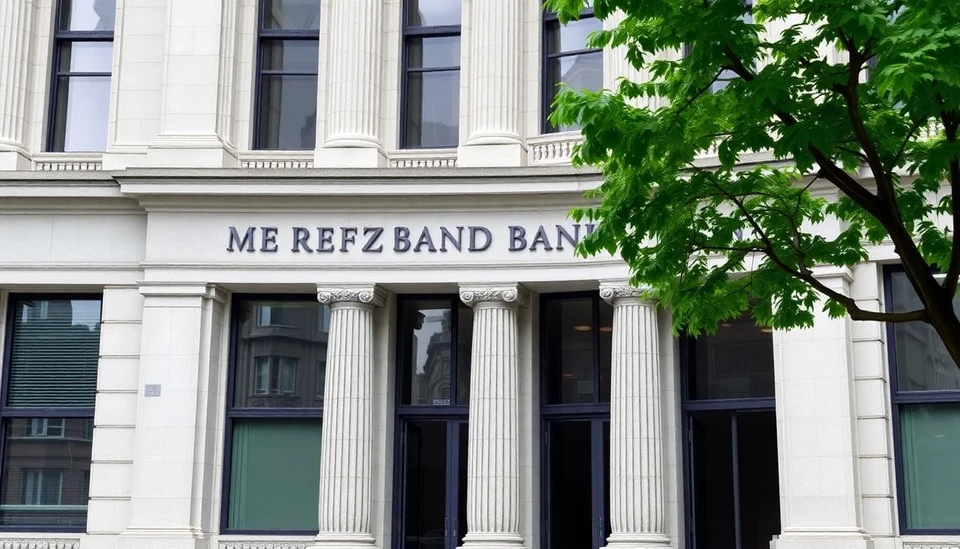
The Reserve Bank of New Zealand (RBNZ) is grappling with increasing pressure to implement more profound interest rate cuts as emerging global trade tensions continue to destabilize economic forecasts. Analysts predict that the central bank may need to revisit its current monetary policy, potentially adjusting its stance as global uncertainties loom large.
In recent developments, the RBNZ has observed a series of external factors affecting New Zealand's economy, particularly in the realms of trade negotiations and international market dynamics. Countries around the world are facing escalating tariffs and other trade barriers that have begun to hinder economic growth. These disruptions have spurred concerns not only in New Zealand but also across various global markets that rely heavily on exports.
As commodity prices fluctuate and demand from key trading partners shows signs of weakness, the RBNZ’s responses have become imperative. Economists warn that if these trade disruptions persist, New Zealand's economic performance could be adversely influenced, compelling the bank to take more decisive measures to stimulate domestic growth.
The potential impact of a weakened global trade environment on New Zealand’s economy cannot be understated. With a significant portion of the nation’s GDP derived from exports, particularly in the agricultural sector, any downturn in global demand can reverberate through various segments of the local economy. As a result, many market analysts are closely monitoring the RBNZ's forthcoming meetings to gauge the likelihood of adjustments to the current interest rates.
Recent assessments suggest that should global trade conflicts escalate, the RBNZ might have no choice but to lower interest rates beyond its expected fiscal policies. This would aim to bolster spending and investment within New Zealand, thereby countering the negative impacts of global economic pressures. The bank’s officials are weighing the pros and cons of such moves, with the delicate balance between fostering growth and controlling inflation at the forefront of their discussions.
Investors and financial institutions are also keenly observing these developments, as any shift in the RBNZ's monetary policy could lead to significant fluctuations in the currency markets. The New Zealand dollar has already shown signs of vulnerability amidst the ongoing uncertainties, which can directly influence the cost of imports and the overall economy.
In conclusion, the Reserve Bank of New Zealand is at a critical juncture where it must navigate through heightening global trade tumult while ensuring economic stability at home. Decisions made in the coming weeks will be pivotal for the nation’s financial landscape and could set a precedent for how central banks worldwide respond to similar challenges.
#RBNZ #InterestRates #GlobalTrade #EconomicForecast #NewZealandEconomy
Author: Rachel Greene




